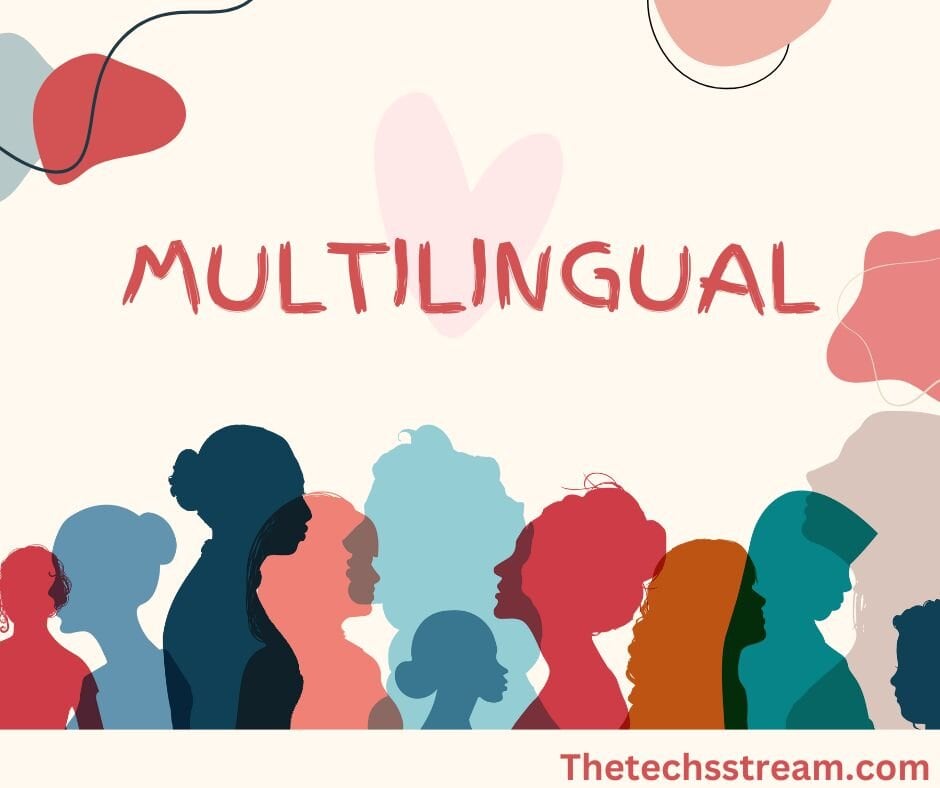
In a world that’s increasingly interconnected, being multilingual is no longer a luxury but a necessity. As globalisation blurs borders, the ability to communicate in multiple languages is a skill that opens doors to diverse opportunities. From ancient trade routes to modern international diplomacy, languages have always been the backbone of human interaction. So, what makes multilingualism so powerful? Let’s dive in.
What Does It Mean to Be Multilingual?
Being multilingual simply means the ability to communicate effectively in more than two languages. While bilingualism refers to proficiency in two languages, multilingualism encompasses three or more. But how many languages do you need to speak to earn the title? There’s no strict number; even a basic conversational ability in several languages can count.
Benefits of Being Multilingual
Cognitive Advantages: Did you know that speaking multiple languages rewires your brain? Multilingual individuals often have sharper memories and enhanced brain function. Studies suggest that learning languages improves problem-solving skills and delays cognitive decline as we age.
Cultural Benefits: Language is more than just words; it’s a gateway to culture. Speaking someone’s native tongue fosters a deeper connection and understanding of their traditions and perspectives. Imagine travelling to a foreign country and experiencing it through the lens of its language – it’s like unlocking a whole new world.
Career Opportunities: In a competitive job market, being multilingual is a standout skill. Many global companies seek employees who can communicate with international clients and partners. Whether it’s in diplomacy, tourism, or technology, knowing multiple languages can give you an edge.
Personal Growth: Learning languages isn’t just about grammar and vocabulary; it’s about personal growth. It builds empathy, as you’re constantly putting yourself in others’ shoes. Plus, the challenge of mastering new languages keeps your mind sharp and curious.
How to Learn Multiple Languages
Effective Methods: The best way to learn a language? Immerse yourself. Whether it’s living in a country where the language is spoken or engaging in cultural activities, immersion speeds up learning. Additionally, apps like Duolingo and Babbel make language learning accessible to everyone.
Consistency and Practice: Consistency is key. Create daily habits like practising vocabulary, speaking with native speakers, or listening to podcasts. Even 10 minutes a day can make a big difference.
Overcoming Challenges: Learning a new language can be tough. You might feel stuck or frustrated, but persistence pays off. Break your learning into small, manageable goals and celebrate your progress.
The Impact of Multilingualism on Society
Global Communication: Multilingualism bridges gaps between cultures and fosters mutual understanding. Whether it’s in diplomacy or everyday conversations, speaking multiple languages makes the world a smaller, more connected place.
Economic Advantages: Countries with multilingual populations often perform better economically. International trade relies on clear communication, and multilingual individuals are key players in global business.
Education Systems: Bilingual and multilingual education benefits students by boosting cognitive development and preparing them for a globalised world. Schools worldwide are incorporating more language programmes into their curricula.
Challenges of Multilingualism
Language Barriers: Fluency takes time, and even experienced learners can struggle with accuracy or confidence. Overcoming these barriers requires practice and patience.
Social Perceptions: Some people still hold stereotypes about accents or language abilities. Breaking these biases is essential for fostering inclusivity.
Preserving Linguistic Diversity: As dominant languages like English spread, smaller languages face extinction. Efforts to preserve linguistic diversity are crucial for maintaining cultural heritage.
Future of Multilingualism: Technology is revolutionising language learning. From AI-powered translation tools to virtual reality language immersion, the future is bright for aspiring polyglots. Globalisation will only amplify the need for multilingual individuals.
Conclusion
Multilingualism is a superpower that enriches your mind, career, and personal life. It connects people, fosters understanding, and prepares you for a globalised future. So why not start learning a new language today?
FAQs
How long does it take to become multilingual?
It depends on the language and your dedication. With consistent practice, you could become conversational in 6-12 months.
What are the easiest languages to learn?
Languages like Spanish, Italian, and Dutch are often considered easier for English speakers due to similarities in grammar and vocabulary.
Can adults become multilingual?
Absolutely! While children may learn languages faster, adults have the advantage of using structured methods and resources.
Does learning multiple languages confuse the brain?
Not at all. Instead, it enhances brain function and improves multitasking skills.
How can I practise a new language daily?
Use language apps, watch shows in the target language, and talk to native speakers whenever possible.

